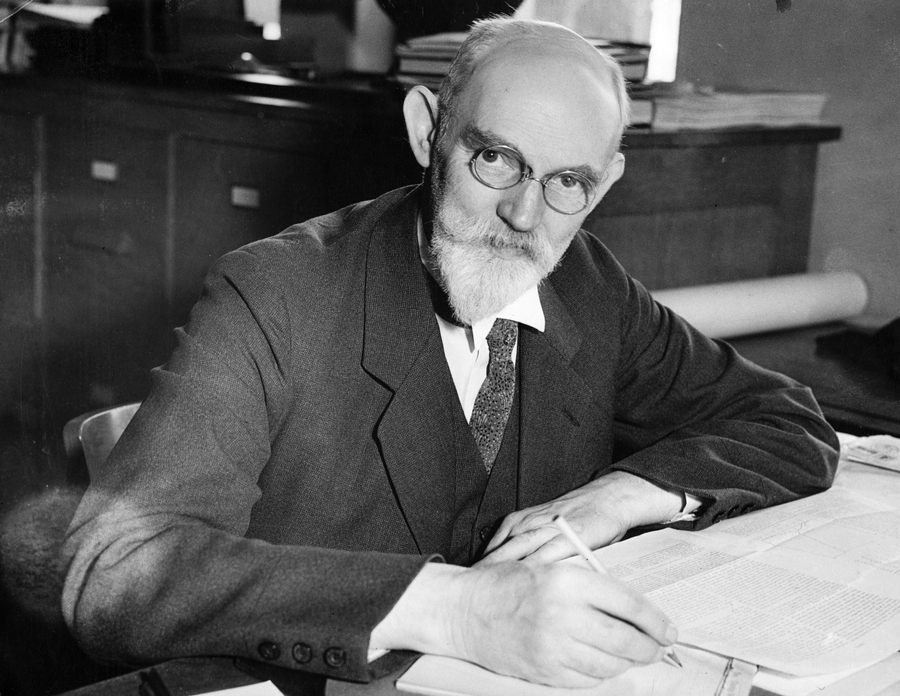Kosmos (1932), Above is Beginning Quote of the Last Chapter: Relativity and Modern Theories of the Universe -->
Willem de Sitter: Frases em inglês
Kosmos (1932)
"The Astronomical Aspect of the Theory of Relativity" (1933)
Kosmos (1932), Above is Beginning Quote of the Last Chapter: Relativity and Modern Theories of the Universe -->
Kosmos (1932), Above is Beginning Quote of the Last Chapter: Relativity and Modern Theories of the Universe -->
Kosmos (1932), Above is Beginning Quote of the Last Chapter: Relativity and Modern Theories of the Universe -->
Kosmos (1932)
Kosmos (1932), Above is Beginning Quote of the Last Chapter: Relativity and Modern Theories of the Universe -->
Kosmos (1932), Above is Beginning Quote of the Last Chapter: Relativity and Modern Theories of the Universe -->
Kosmos (1932)
Kosmos (1932), Above is Beginning Quote of the Last Chapter: Relativity and Modern Theories of the Universe -->
Kosmos (1932), Above is Beginning Quote of the Last Chapter: Relativity and Modern Theories of the Universe -->
Kosmos (1932)
Kosmos (1932), Above is Beginning Quote of the Last Chapter: Relativity and Modern Theories of the Universe -->
Kosmos (1932), Above is Beginning Quote of the Last Chapter: Relativity and Modern Theories of the Universe -->
Joint memoir with Einstein (1932) as quoted by Gerald James Whitrow, The Structure of the Universe: An Introduction to Cosmology (1949)
Kosmos (1932), Above is Beginning Quote of the Last Chapter: Relativity and Modern Theories of the Universe -->
Kosmos (1932), Above is Beginning Quote of the Last Chapter: Relativity and Modern Theories of the Universe -->
Kosmos (1932), Above is Beginning Quote of the Last Chapter: Relativity and Modern Theories of the Universe -->
Kosmos (1932), Above is Beginning Quote of the Last Chapter: Relativity and Modern Theories of the Universe -->
Kosmos (1932), Above is Beginning Quote of the Last Chapter: Relativity and Modern Theories of the Universe -->
Kosmos (1932), Above is Beginning Quote of the Last Chapter: Relativity and Modern Theories of the Universe -->
Kosmos (1932), Above is Beginning Quote of the Last Chapter: Relativity and Modern Theories of the Universe -->
Kosmos (1932)
Kosmos (1932), Above is Beginning Quote of the Last Chapter: Relativity and Modern Theories of the Universe -->
Kosmos (1932), Above is Beginning Quote of the Last Chapter: Relativity and Modern Theories of the Universe -->
Kosmos (1932)
Kosmos (1932)
Kosmos (1932), Above is Beginning Quote of the Last Chapter: Relativity and Modern Theories of the Universe -->
Kosmos (1932)
